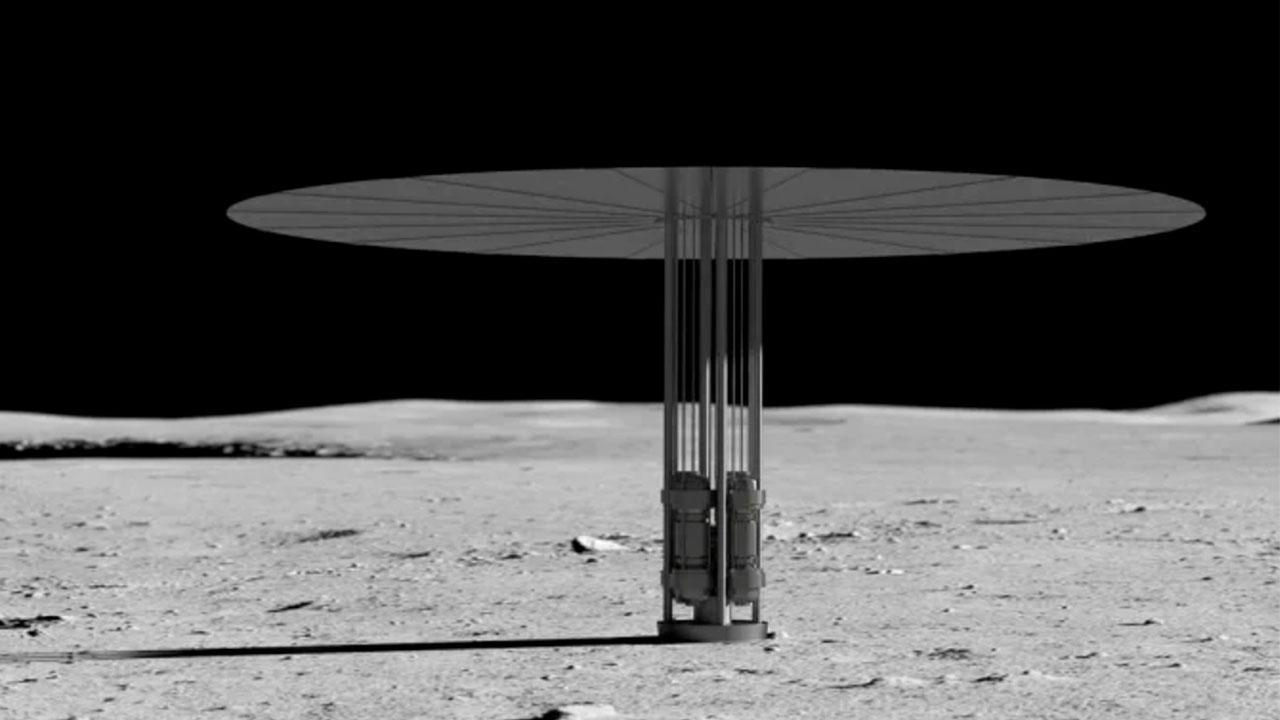According to the researchers, we are programmed to believe in god because it gives us a completely different reason to survive. The religious tendencies that children experience during the development process actually begin to be rooted in the belief centers in their brains when they are born. Professor of developmental psychology at the University of Bristol Bruce HoodThe human brain is physically linked to supernatural beliefs from birth, according to research. This physical bond also plays an important role in the formation of the necessary psychological base for the development of belief in religion at the end of human development. The data obtained from other studies on the theory that religious emotions and experiences depend on activity in a particular area of the brain are in line with Hood’s findings. These regions of the brain are allegedly engaged in electrical activities to perceive spiritual feelings. Hood says: “Our research has shown that; children can have supernatural beliefs about how the world is spinning through natural and intuitive reasoning. As they grow and develop, these beliefs give way to more logical approaches. But the tendency to believe in irrational, supernatural beliefs is embodied in religious belief.
Scientists who have investigated the function of the brain in religious activities, as a result of their research, found that certain centers in their brains underwent changes when people had “spiritual experiences”. A scientist in Philadelphia discovered areas of the brain that are activated during meditation. At two other universities in San Diego and North Carolina, experts are investigating how epilepsy and some hallucinatory medications produce religious delusions. In Canada, a neurologist has managed to put magnetic helmets on people’s heads that produce “spiritual experiences”. These studies are part of scientists’ efforts to understand, measure, and even reproduce religious experiences around the world. Using powerful brain imaging technology, researchers are trying to discover what Nirvana means to mystics, and what the Christians’ expression of “the grace of God” signifies. In other words, scientists are investigating the question of whether religion can be explained by the nervous system, neurotransmitters, and brain chemistry. Philadelphia scientist Andrew Newberg“My purpose in these studies is not to prove that God exists or does not exist. We are just trying to understand how religious emotions are formed in our minds, ”he says. As a result of an experiment that Tibetan Buddhists did by injecting radioactive dye while meditating in a deep trance, Newberg found that certain parts of the brain were altered. “As people go through spiritual experiences, they feel one with the universe and lose the sense of being themselves,” says Newberg. We can attribute this to what happens in those areas of the brain. If you block that area, the border between yourself and the world outside you will also disappear. ” So where do transcendental feelings like being one with the Universe come from? According to research, this may be an increased activity in the peripheral lobe of the brain that regulates the sense of self and physical disposition. Why do millions of people feel that religion has changed their lives? Perhaps religious activities activate the temporal lobe that weighs experiences of personal significance. Neurologists in California and San Diego are trying to understand why some patients have epileptic seizures accompanied by religious experiences. Producing mystical images by wearing magnetic helmets on some people’s heads in the laboratory, Prof. Michael persinger“Some cry, some say God touched them, some are afraid; “demons and evil spirits describe what they saw.” Persinger said, “My research has shown that religion is a product of the brain. He said it is only a product of the brain and is not very relevant to what is happening outside.
American biologist Dean hamerHe explained that at the end of the DNA studies that he continued for 6 years, the “VMAT2” gene guided the concept of belief. Hamer began researching the effect of human genetic makeup on belief in 1998. Hamer first studied identical twins with identical genetic makeup. He then compared the beliefs of siblings whose genetic makeup did not exactly match, but grew up in the same environment. According to the research, the siblings could have different beliefs even though they grew up in the same environment. However, Hamer saw that identical twins, whose genetic makeup were identical, had almost the same belief in God. Thereupon, he came to the conclusion that there was a relationship between genes and belief and deepened his research in this direction. Hamer then tried to determine which of the 35,000 genes in humans affected belief. He focused on 9 genes that control the secretion of “monoamine” enzymes. And he finally announced that he had found the “Faith Gene”. Hamer explained that the “VMAT2” gene drives the concept of belief and named this gene the “Faith Gene”. According to Hamer, monoamine enzymes direct human senses such as consciousness, perception, and memory. However, the gene that Hamer calls the “Faith Gene” also gives human beings the ability to “personal and universal awareness”, which is its main distinguishing feature. Thus, it enables man to think on abstract concepts such as universe, infinity, and God. For this reason, in identical twins with the same “genetic structure”, enzymes are secreted “under the control of the same gene and in exactly the same way”, so their “belief structure” is the same. The “Faith Gene” statement, in the world of science and religion, “Did we believe because God existed, or did the need to believe created God?” reignited his argument. Atheists say, “This is a proof that there is no God,” while religious scientists say “it shows that the true God has penetrated the human body and his power.” For example, the University of Virginia psychiatrist Lindon EavesCommenting on the subject is as follows: “It may be true that the concept of God is shaped in the brain. So why does this concept occur? So why are there chemical activities in the brain that give rise to the desire to “believe”? I think the answer to that lies again in God’s power …
———————————————————-
Dikkat: Sitemiz herkese açık bir platform olduğundan, çox fazla kişi paylaşım yapmaktadır. Sitenizden izinsiz paylaşım yapılması durumunda iletişim bölümünden bildirmeniz yeterlidir.
Source link








